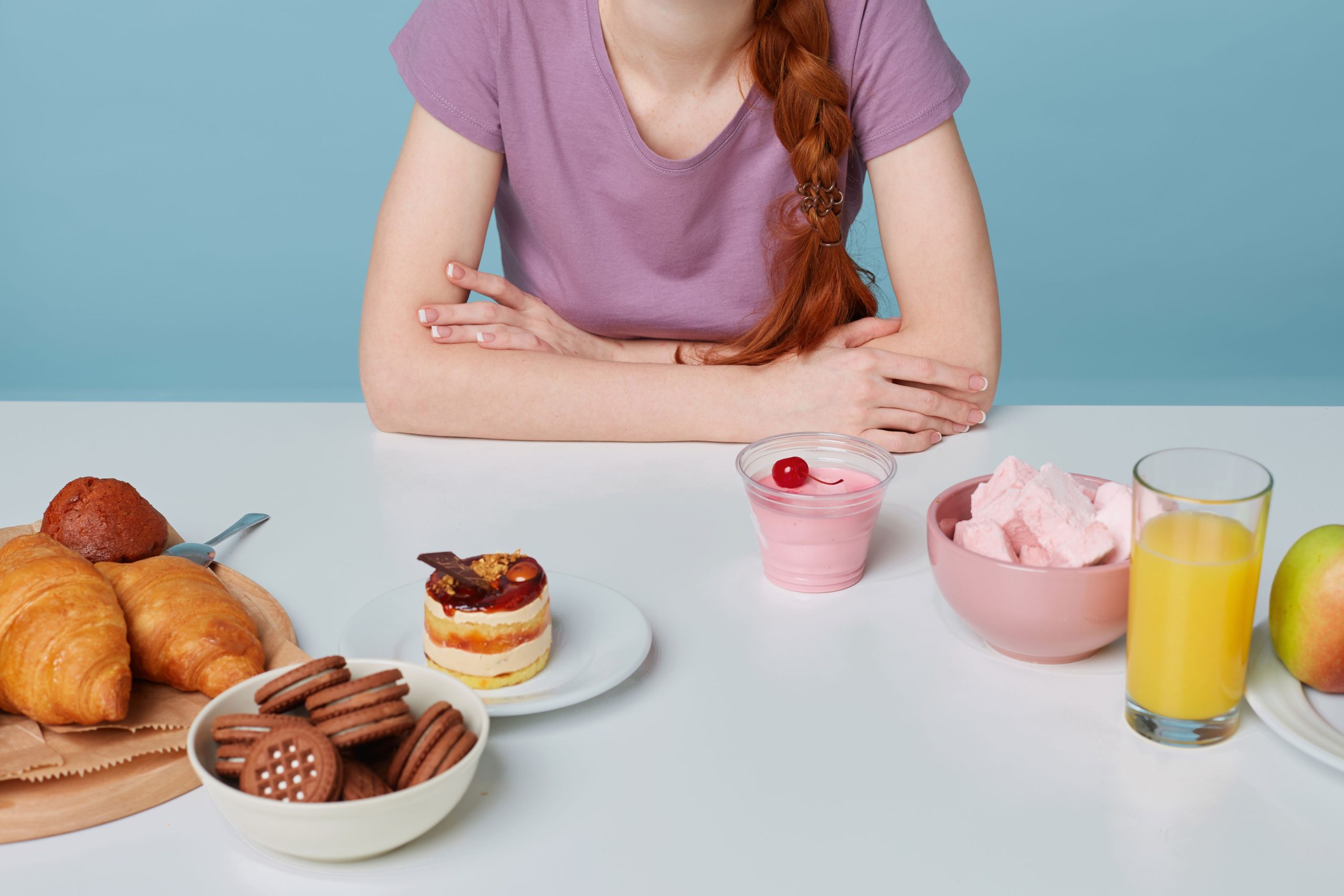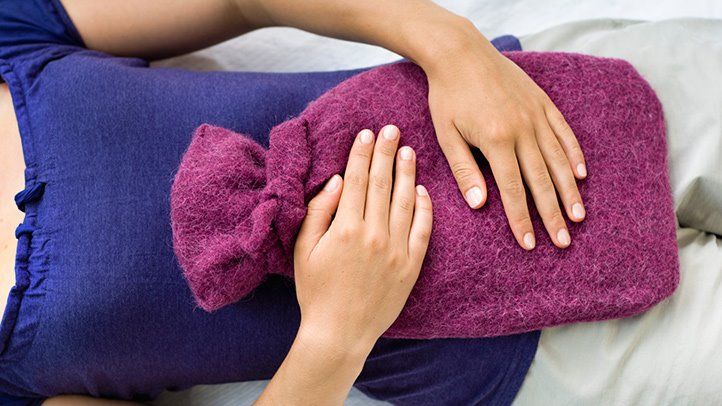Menstruation is a natural process that occurs in every woman’s body. However, it can come with a lot of discomforts, including bloating, cramps, and mood swings. One way to ease these symptoms is by paying attention to what we eat. While some foods can help alleviate menstrual pain, others can worsen it. In this article, we will discuss five foods that you should avoid during menstruation.
-
Processed Foods
Processed foods, such as chips, cookies, and fast food, should be avoided during menstruation. These foods are high in refined sugar, salt, and unhealthy fats, which can cause bloating and inflammation. Moreover, they offer little to no nutritional value, which can leave you feeling tired and sluggish.
-
Caffeine
Caffeine is a stimulant that can affect the nervous system and cause anxiety, nervousness, and irritability. It can also interfere with sleep, which is crucial for managing menstrual symptoms. During menstruation, it’s best to avoid caffeine or limit its intake to a minimum. This means skipping coffee, tea, and energy drinks and opting for herbal tea or water instead.
-
Dairy
Dairy products, such as milk, cheese, and ice cream, contain high levels of arachidonic acid, which can cause inflammation and worsen menstrual cramps. Additionally, dairy products can be hard to digest, leading to constipation and bloating. Instead, try plant-based alternatives, such as almond or soy milk, and avoid consuming too much cheese and ice cream.
-
Red Meat
Red meat, such as beef and lamb, contains high levels of saturated fat, which can cause inflammation and worsen menstrual pain. Moreover, red meat can be difficult to digest, leading to constipation and bloating. During menstruation, try consuming lean protein sources, such as chicken, fish, or tofu.
-
Salt
High levels of salt can cause water retention, leading to bloating and discomfort during menstruation. Processed foods, such as chips and canned goods, are high in salt, so it’s best to avoid them. Instead, try seasoning your meals with herbs and spices or using sea salt in moderation.
Conclusion
In conclusion, what you eat during menstruation can affect how you feel. By avoiding processed foods, caffeine, dairy, red meat, and salt, you can ease menstrual symptoms and feel more comfortable. Instead, try consuming whole, nutritious foods, such as fruits, vegetables, lean protein, and whole grains. Remember to drink plenty of water and listen to your body’s signals. If you experience severe menstrual pain or discomfort, seek medical attention.















